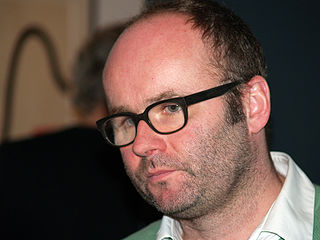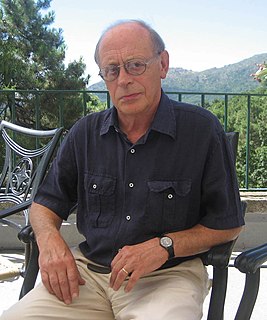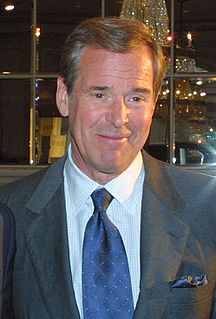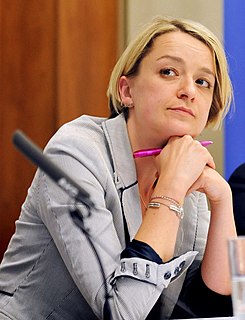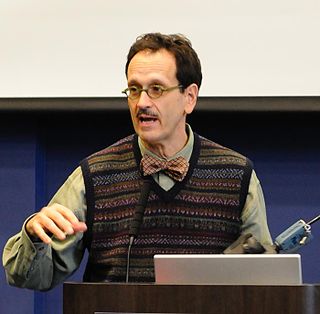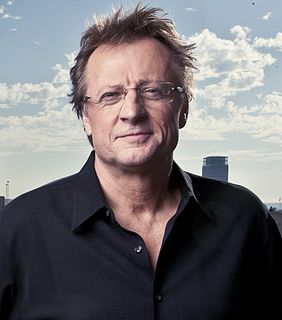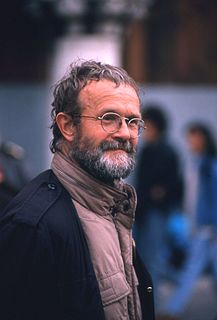A Quote by Margaret Mead
Photographs [are] of course heavily dependent upon the culture, the disciplinary point of view and the idiosyncratic vision of the particular photographer-analyst.
Quote Topics
Related Quotes
But every point of view is a point of blindness: it incapacitates us for every other point of view. From a certain point of view, the room in which I write has no door. I turn around. Now I see the door, but the room has no window. I look up. From this point of view, the room has no floor. I look down; it has no ceiling. By avoiding particular points of view we are able to have an intuition of the whole. The ideal for a Christian is to become holy, a word which derives from “whole.
I think that the photographer must completely control his picture and bring to it all his personality, and in this area most photographs never transcend being just snapshots. When a great photographer does infuse the snapshot with his personality and vision, it can be transformed into something truly moving and beautiful.
Photographs bear witness to a human choice being exercised in a given situation. A photograph is a result of the photographer's decision that it is worth recording that this particular event or this particular object has been seen. If everything that existed were continually being photographed, every photograph would become meaningless.
Our principal constraints are cultural. During the last two centuries we have known nothing but exponential growth and in parallel we have evolved what amounts to an exponential-growth culture, a culture so heavily dependent upon the continuance of exponential growth for its stability that it is incapable of reckoning with problems of non-growth.
The work is primarily subject-driven. All decisions flow from there. The photographs are all made in response to a unique subject, in particular context, at a specific moment in time. The thoughtful preparedness that defines my working method actually facilitates spontaneity and allows me to embrace surprise. I always have a game plan but view it as merely the jumping off point.

